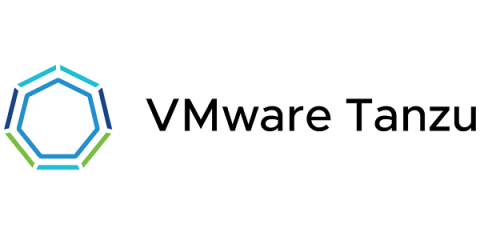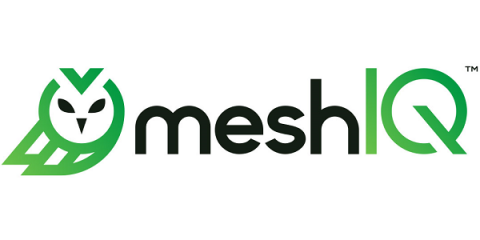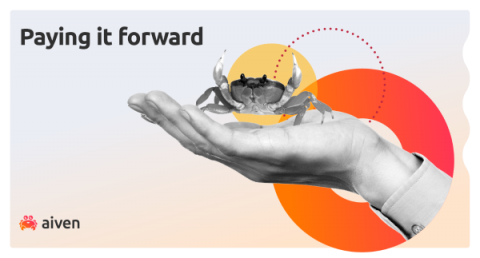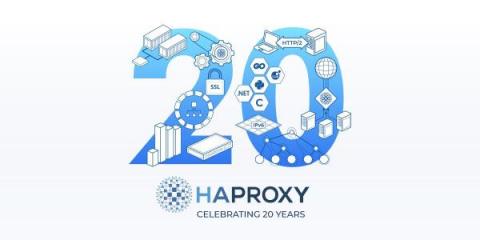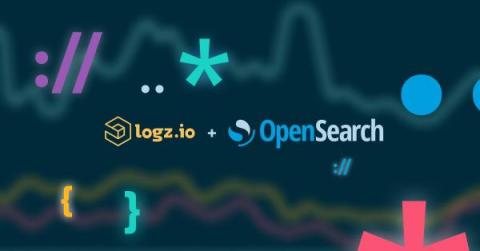Open Source FOMO? Not with Tanzu Application Platform
If you are not familiar with the term, FOMO is short for “fear of missing out,” and some developers are feeling it these days. Developers want to be a part of a technical community and stay current by working on, and with, the most innovative technologies. Open source FOMO comes when they witness their peers getting to explore new technologies that help them get ahead, while they’re bogged down with stale technology and monolithic apps.


